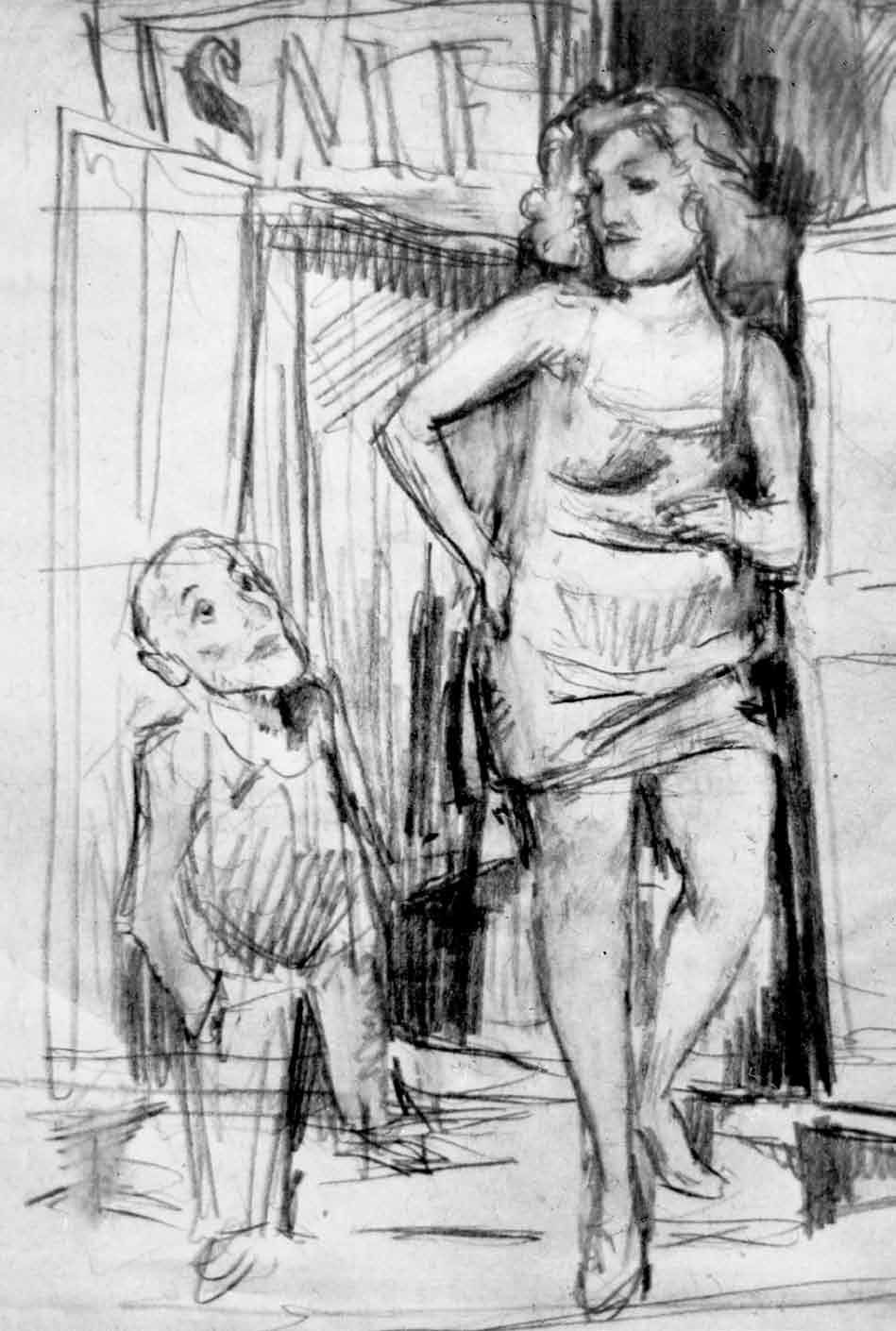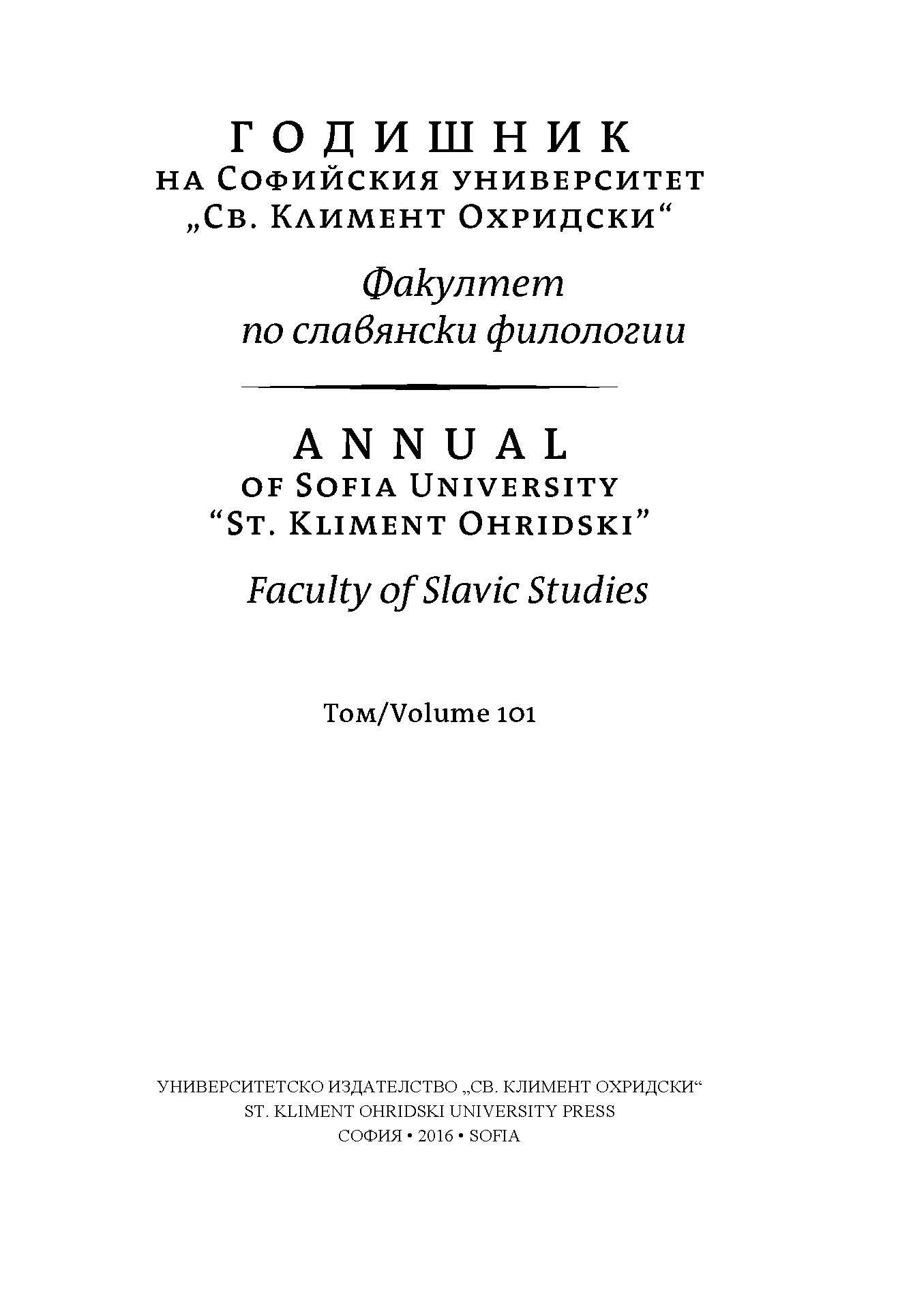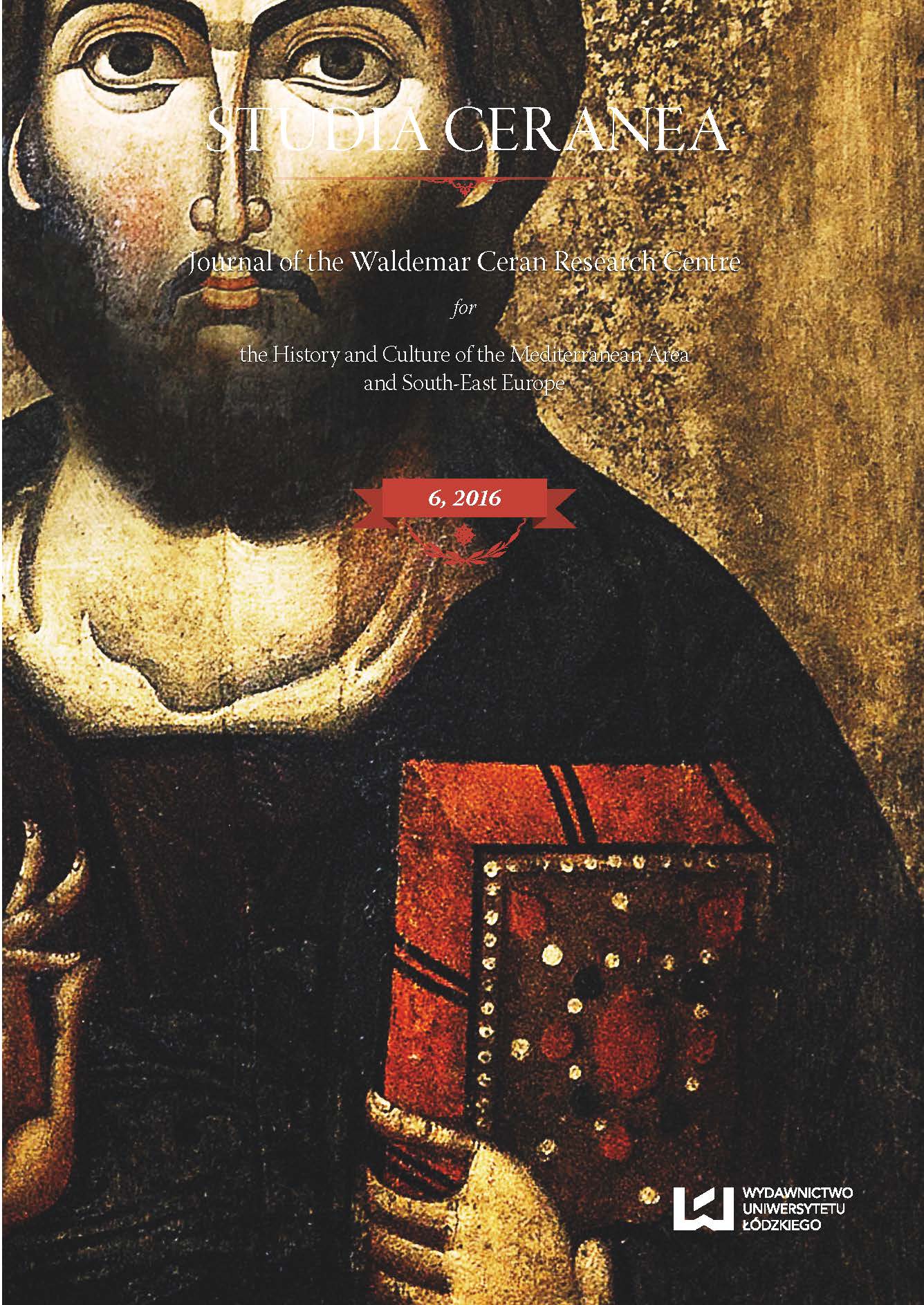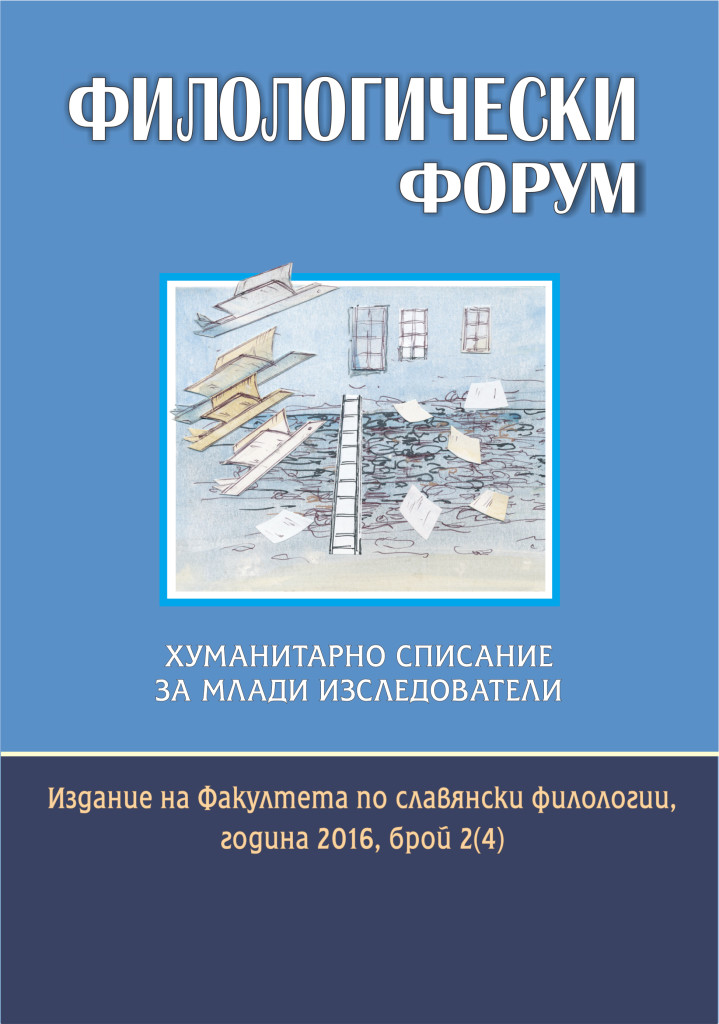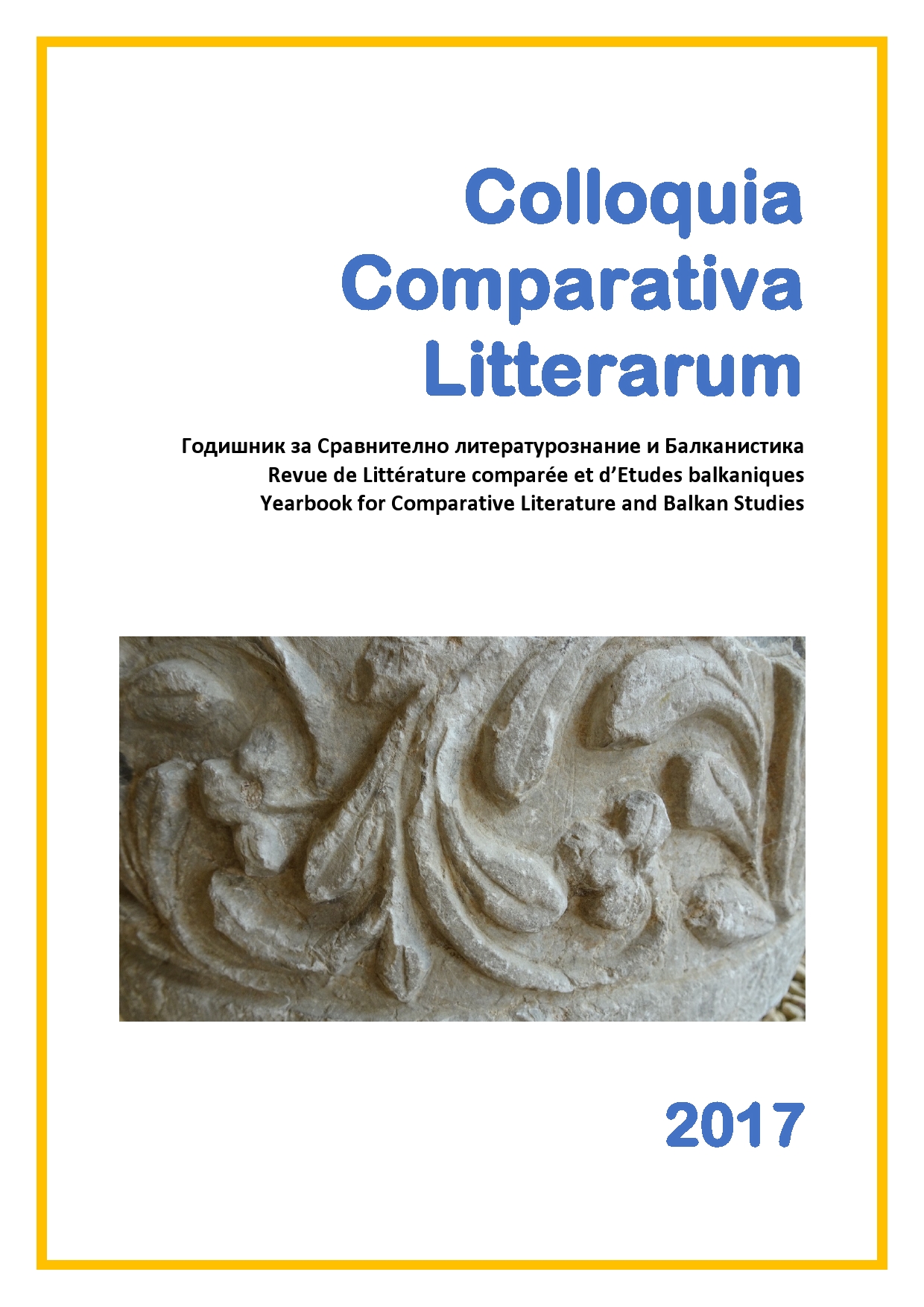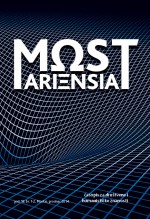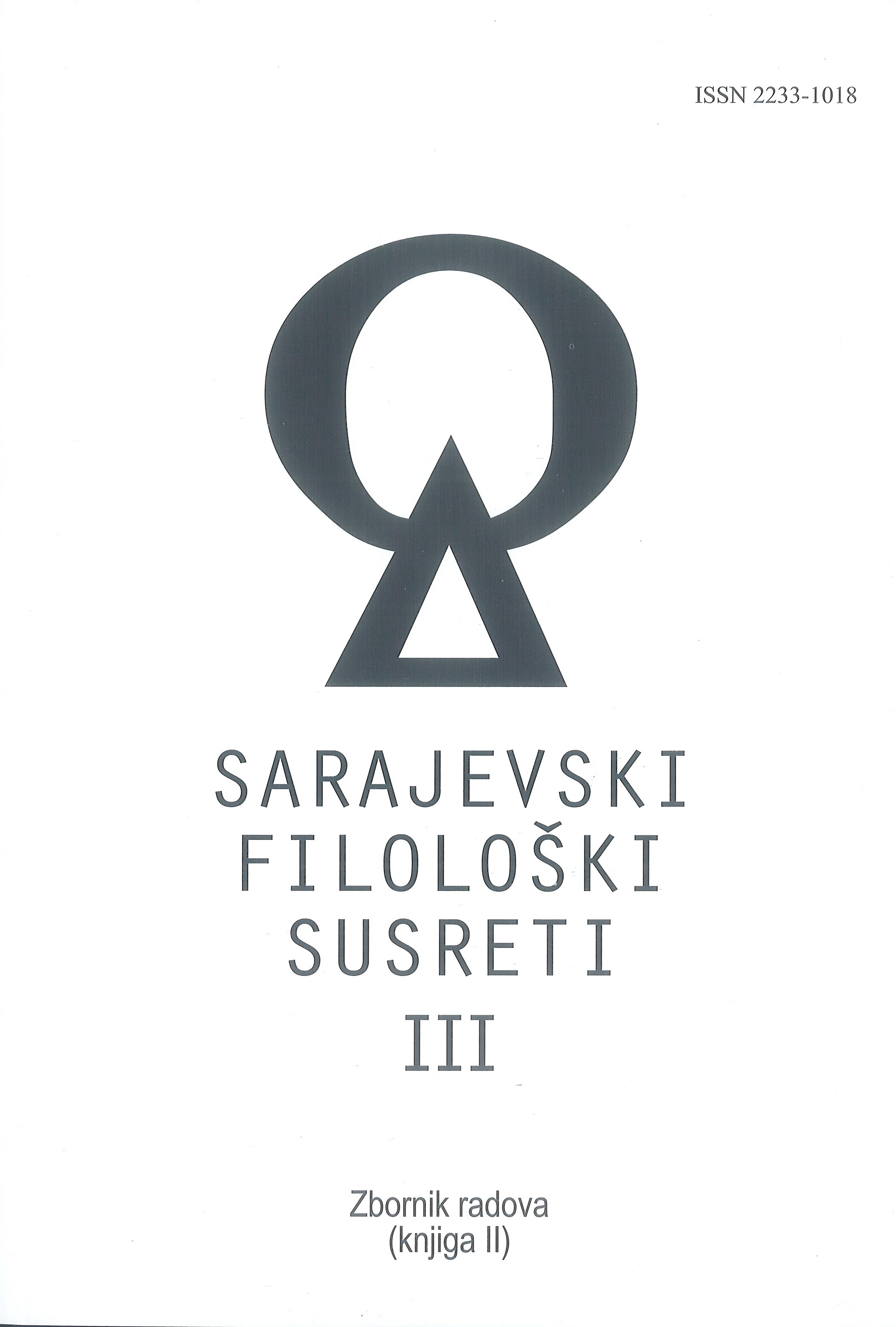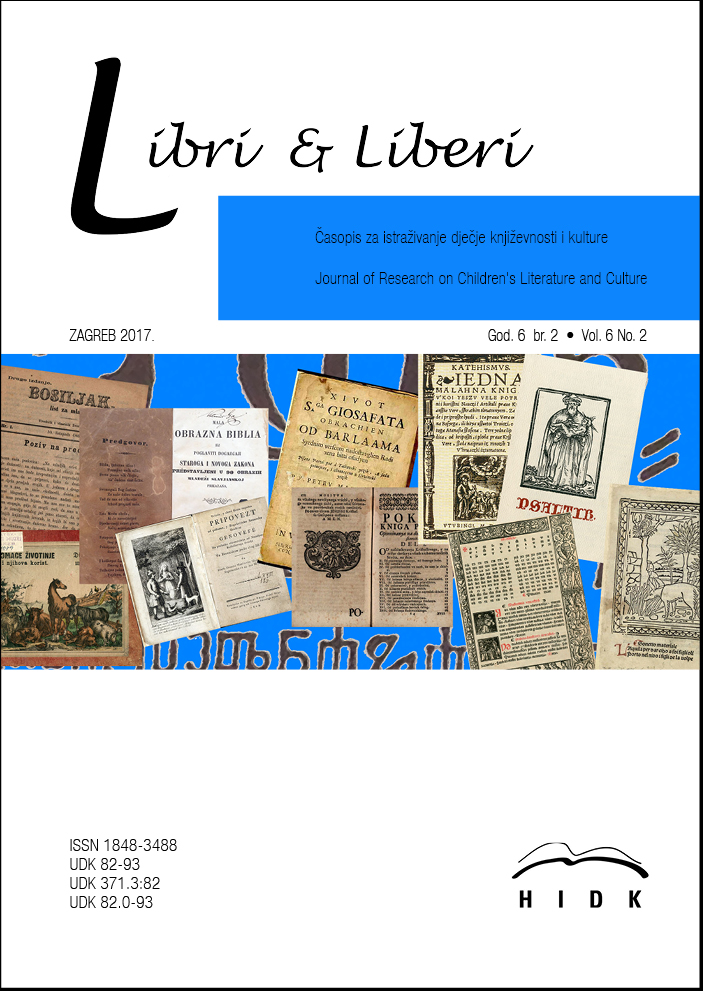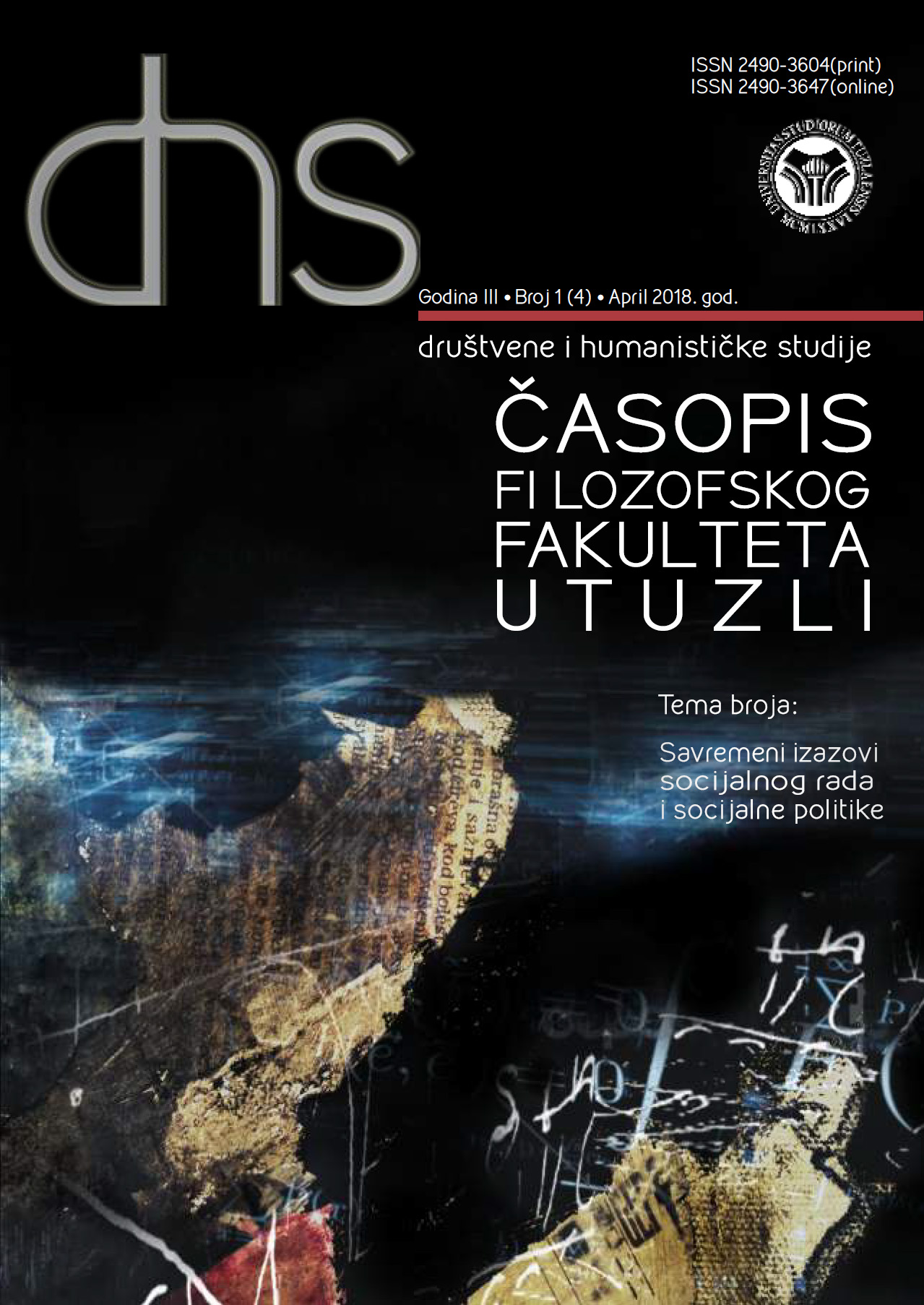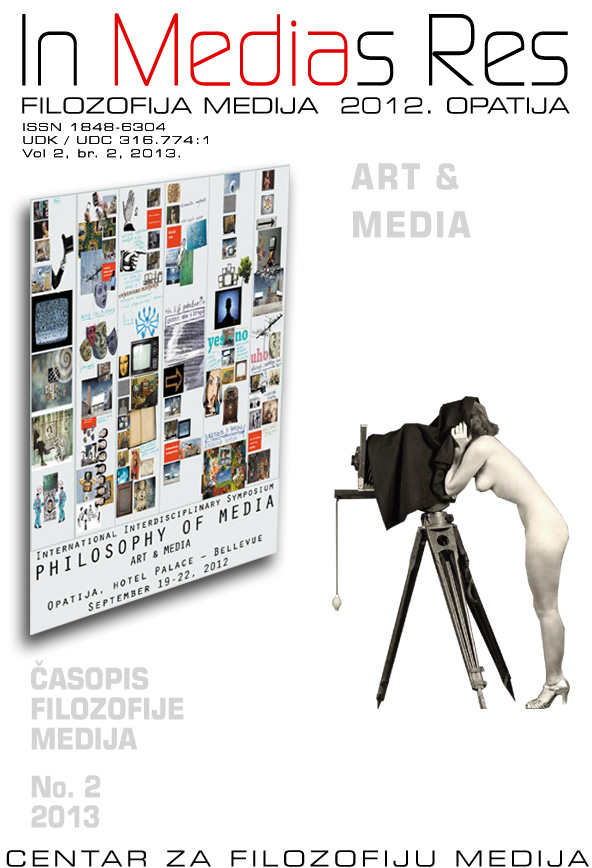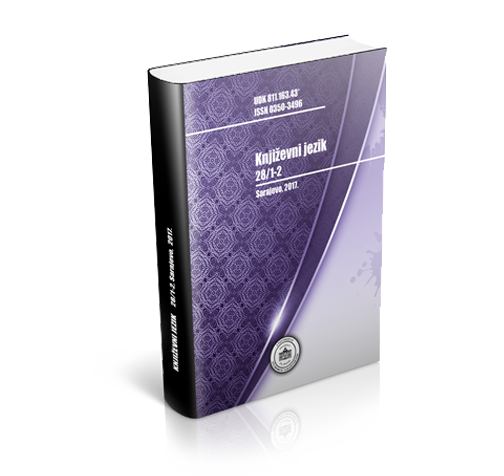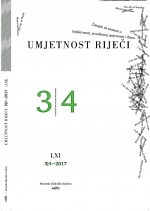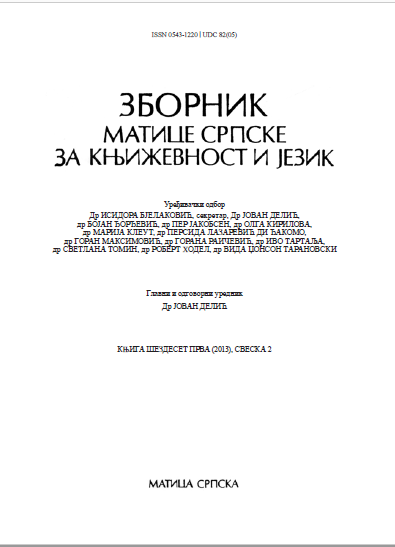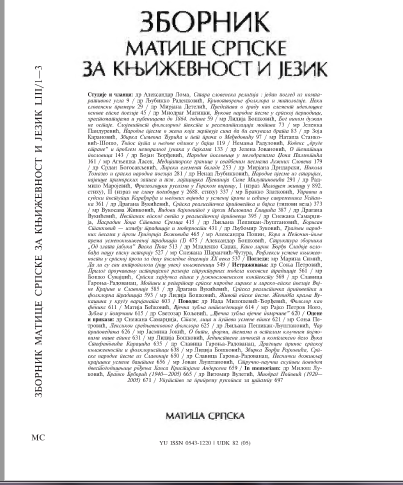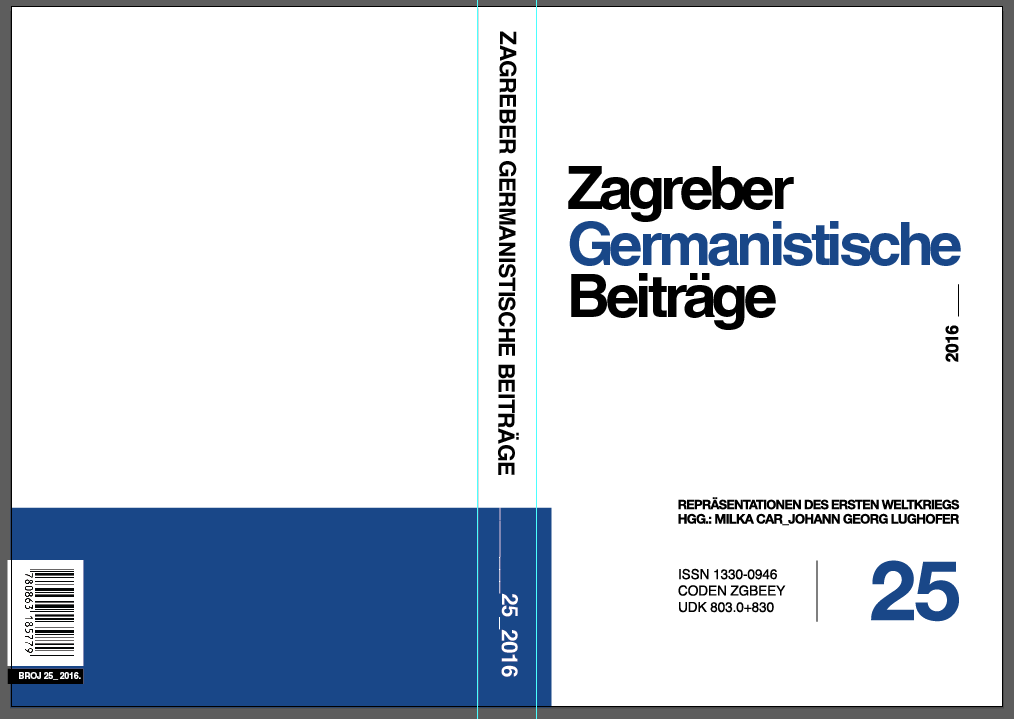
Persiflage oder Verherrlichung des k.u.k. Heerführers Conrad von Hötzendorf?
Ein Artikel über die kriegsstrategischen Kompetenzen des k.u.k. Generalstabschefs Conrad von Hötzendorf, veröffentlicht in der Zagreber Tageszeitung »Obzor« im April 1915 unter dem Titel "Barun Konrad", brachte ihrem Autor Miroslav Krleža nach Kriegsende, im neubegründeten SHS-Königreich, heftige Angriffe ein. Gegen die Vorwürfe der Austrophilie und eines verlogenen Pazifismus polemisierte Krleža – bereits als unerbittlicher Kritiker der politischen Verhältnisse in der Donaumonarchie wie auch im neuen südslawischen Staat profiliert – mehrmals und suchte dabei zu zeigen, wie seine Gegner die literarische Ironie für bare Münze nahmen und im gleichen Zuge für politische Zwecke instrumentalisierten.
More...
